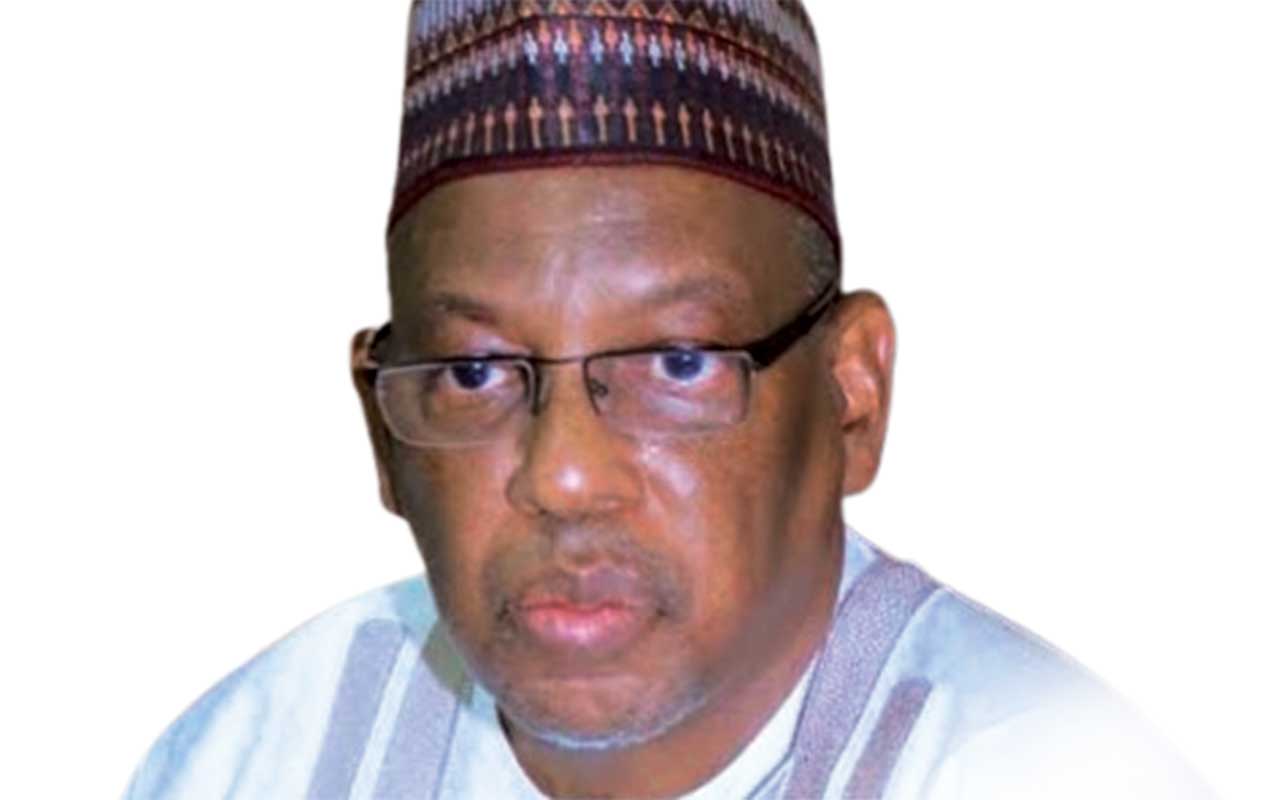The Federal Government of Nigeria has increased the matching grants for Universal Basic Education (UBE) projects from N1.2 billion to N3.5 billion, despite the fact that states have left substantial allocated funds unutilized in recent years. According to the Universal Basic Education Commission (UBEC), a total of N45.7 billion allocated for basic education initiatives between 2020 and 2023 remains unused, primarily because 27 states failed to provide the necessary counterpart funds to access these allocations.
Among the states with the largest shares of unaccessed funds are Abia, Ogun, and Imo, with respective balances of N4.28 billion, N4.26 billion, and N3.54 billion. Additionally, states such as Adamawa, Anambra, Bauchi, and Edo each have N2.6 billion unaccessed, highlighting a trend of underutilization that spans the country. Cumulatively, the unaccessed funds have increased annually, with figures reaching N36.1 billion in 2023 alone.
This situation is troubling given the country’s learning crisis, as Nigeria continues to have one of the world’s highest numbers of out-of-school children, with UNICEF estimating the figure at 18.3 million. The failure of states to access UBE funds, intended for vital infrastructure and teacher training, appears to be impeding the Federal Government’s efforts to address this crisis and improve educational access and quality.
UBEC Executive Secretary Dr. Hamid Bobboyi explained that only 16 states had accessed their 2023 UBE grants by mid-year, representing just 41 percent of the allocated N51.6 billion for that period. Of this, N21 billion has been utilized, accounting for only 54 percent of the available funding. Bobboyi also noted that the new matching grant increase, sourced from the consolidated revenue fund, requires states to match the N3.5 billion allocation to initiate UBE-funded projects.
Stakeholders in the education sector have called for stronger commitment from state governments to secure these funds and address educational infrastructure deficits. With the rising number of out-of-school children and dwindling educational outcomes, these funds could play a critical role in ensuring that basic education in Nigeria meets the needs of all children.

